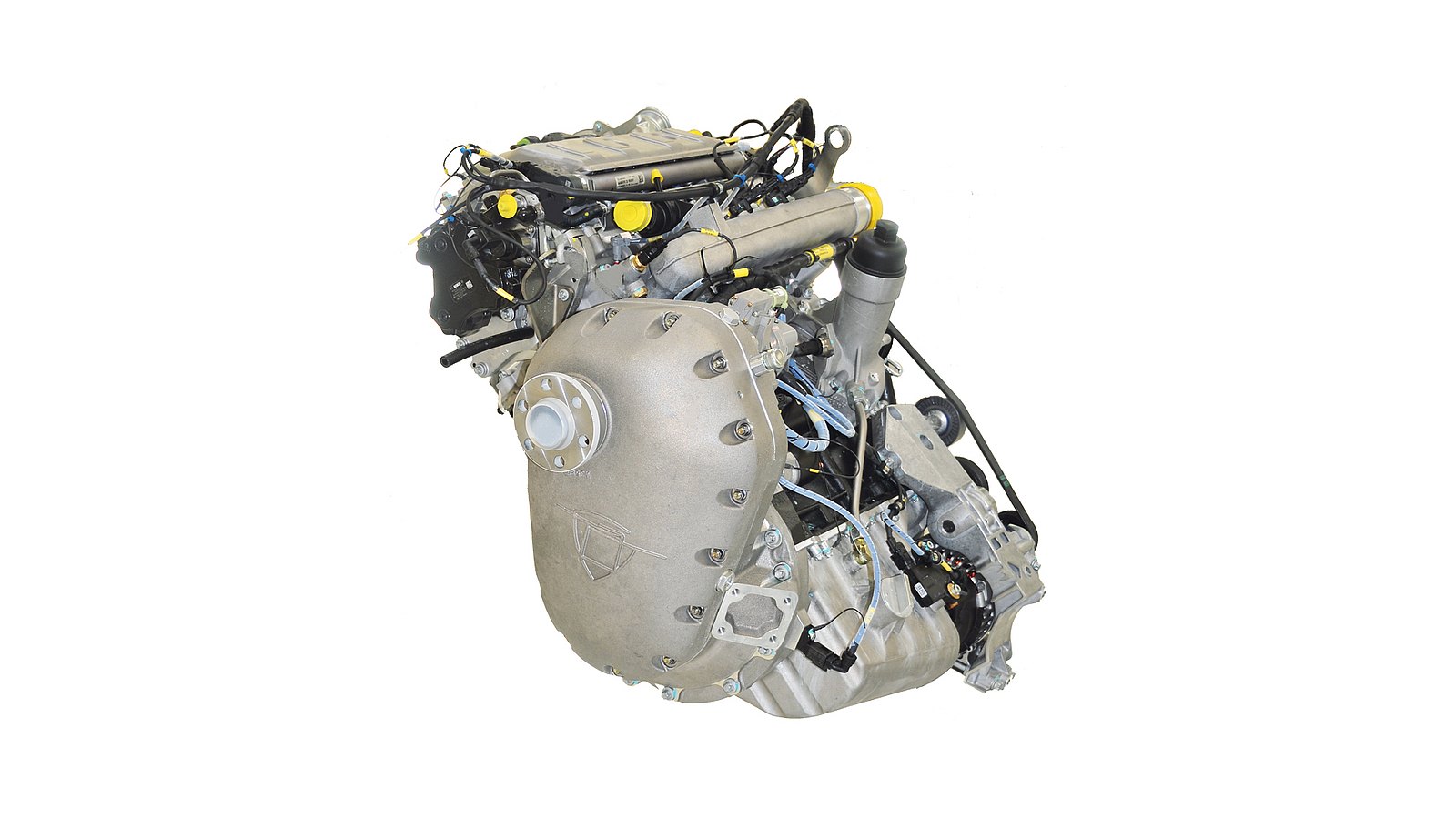A Full Overview to Selecting the Right Engine for Your Task
Choosing the appropriate engine for your job is a vital decision that can substantially impact its general success. It is vital to diligently define your project needs, evaluate performance requirements, and take into consideration user-friendliness along with various other crucial factors. Additionally, understanding the area assistance offered and looking at price effects can better refine your choice. Each of these components plays a pivotal role in making certain that your chosen engine not just fulfills prompt goals but also lines up with lasting goals. As we discover these factors to consider, you might discover that the subtleties of each facet reveal even more than initially expected.
Specify Your Task Demands
Defining your project requires is a critical action in choosing the ideal engine for successful implementation. A detailed understanding of your task's objectives will certainly lead you in determining the attributes and capacities called for from an engine. Begin by outlining the extent of your job, including the desired functionality, target market, and the details results you aim to achieve.
Following, consider the technical needs that align with your job objectives. This consists of evaluating the compatibility of the engine with existing systems, in addition to the programs languages and structures that will be used. Furthermore, examine the level of scalability called for to accommodate future growth or adjustments sought after.
Budget constraints likewise play an important role in defining your job requires. Develop a clear monetary structure to assist your decision-making process, making certain that the engine selected fits within your budget plan while supplying the necessary functionality.
Evaluate Performance Demands

Following, take into consideration the scalability of the engine. Analyze whether it can manage raised workloads as your project grows. Engines that support straight scaling are frequently more effective for bigger applications. Furthermore, examine the engine's efficiency under various conditions, such as peak use situations, to guarantee it satisfies your dependability requirements.
Think About Convenience of Usage
While technical specifications are crucial, the ease of usage of an engine can significantly influence the growth procedure and general project success. An intuitive user interface, clear paperwork, and streamlined operations can substantially reduce the knowing contour for designers, allowing them to concentrate on imagination and problem-solving instead of coming to grips with facility tools.
When evaluating an engine's ease of use, consider the onboarding experience. A well-structured intro, full with tutorials and sample projects, can promote a smoother shift go to this web-site for brand-new individuals. Additionally, the quality and comprehensiveness of the engine's documentation play a vital role; thorough guides and API recommendations can empower programmers to fix and apply features successfully.
An engine that enables for easy modifications can be more easy to use, as designers can customize it to fit their particular needs without comprehensive problem. Eventually, choosing an engine that focuses on simplicity of usage can lead to a more delightful and productive advancement experience.
Assess Community and Support
The toughness of an engine's neighborhood and assistance network can greatly influence a developer's experience and success. A dynamic neighborhood frequently suggests a wide range of common knowledge, resources, and troubleshooting aid that can boost your project's development procedure. When evaluating an engine, consider the dimension and activity level of its community. Bigger neighborhoods usually use extra discussion forums, tutorials, and third-party plugins, enabling programmers to locate remedies more effectively.
In addition, assess the schedule of main assistance channels. Reliable paperwork, responsive client assistance, and regular updates are vital for addressing technological concerns and maintaining your project on track. Engines For Africa. Active areas also foster partnership, giving possibilities for networking and feedback, which can be important, particularly for independent programmers or little groups
In addition, check out the visibility of community-run occasions, such as meetups or hackathons. These gatherings can enrich your understanding of the engine while connecting you with seasoned customers and possible partners. In recap, a durable area and assistance system not just improve advancement but also produce an atmosphere for discovering and development, ultimately boosting the chance of your job's success.
Contrast Expense and Licensing Options
Budget considerations play an essential duty in choosing the appropriate engine for your project, as the price and licensing alternatives can significantly impact both short-term expenditures and long-lasting feasibility. Engines For Africa. Different engines supply differing prices structures, which can consist of single acquisition charges, membership versions, or revenue-sharing contracts based upon your task's incomes

Licensing options additionally vary substantially. Some engines are open-source, providing versatility and community-driven support, while others may need proprietary licenses that limit use and circulation. Recognizing the effects of each licensing model is vital, as it influences possession legal rights, future scalability, and potential legal responsibilities.
Final Thought
Finally, choosing the ideal engine for a job requires an extensive examination of specified project demands, efficiency needs, ease of use, area support, and cost considerations. By methodically addressing these vital variables, decision-makers can guarantee positioning with both future and current task demands. A well-informed selection ultimately boosts the possibility of task success, making it possible for effective resource appropriation and making the most of possible end results within the specified monetary restrictions.
Selecting the appropriate engine for your task is an important choice that read here can significantly influence its general success.Defining your task needs is a critical step in picking the appropriate engine for effective implementation. A detailed understanding of your task's goals will guide you in recognizing the abilities and attributes needed from an engine.When you have a clear understanding of your job needs, the next step is to assess the efficiency demands of the engine.In verdict, choosing the proper engine for a job demands a detailed analysis of specified project needs, efficiency requirements, convenience of usage, neighborhood support, and cost factors to consider.
Comments on “Ensuring Long-Term Efficiency with Engines For Africa Products”